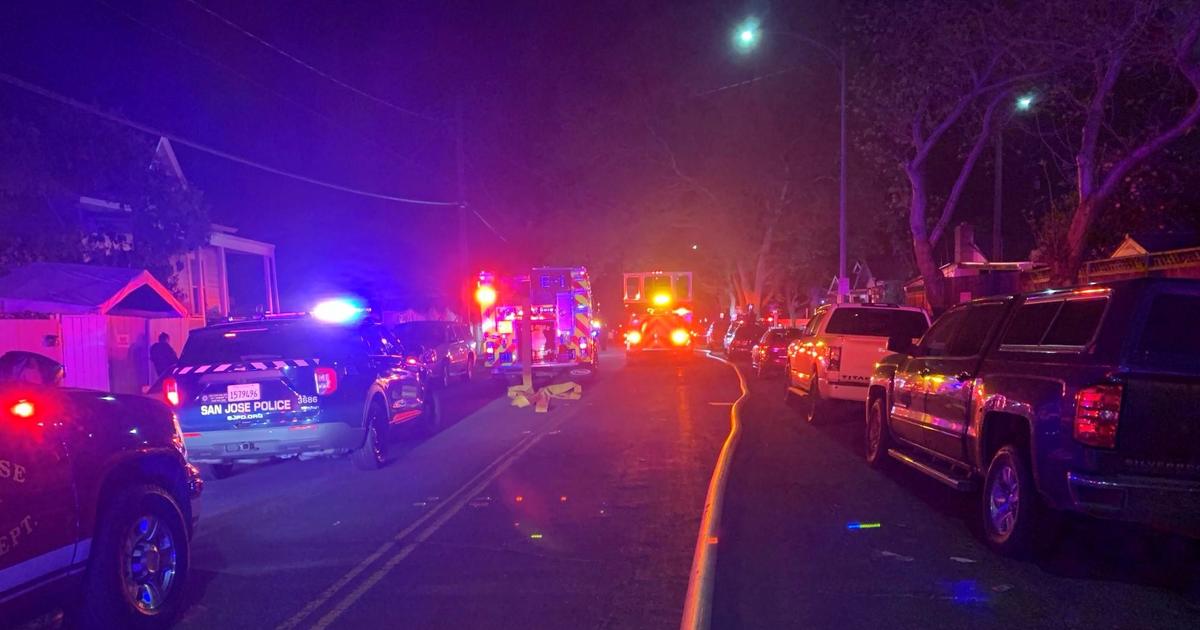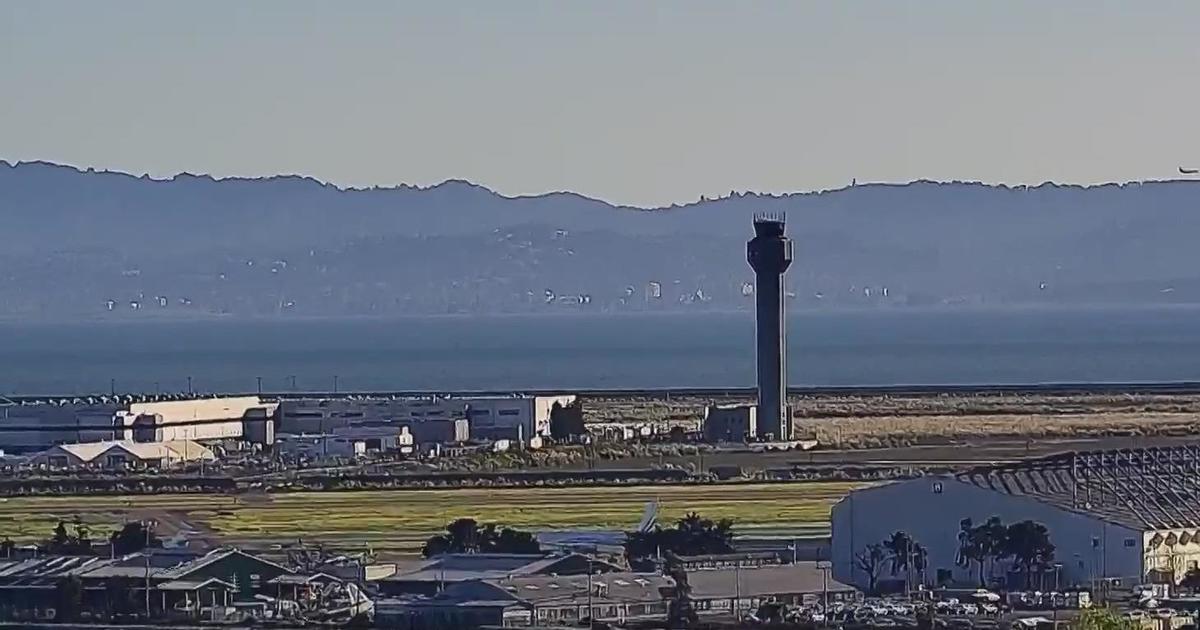Kaiser Refusing To Provide EpiPens In Recommended Two-Pack
SAN FRANCISCO (KPIX 5) – Parents across the west coast are raising concerns after Kaiser started rationing its version of the life-saving EpiPen, only giving out a single dose of the allergy medication instead of the recommended two-packs.
Epinephrine injectors are vital for people with food allergies and, for some, it takes two injections to counteract an allergic reaction.
Anaphylaxis guidelines recommend prescriptions of more than one epinephrine auto-injector. The FDA has only approved the emergency medication to be supplied in a 2-pack carton and manufacturers tell KPIX they only sell two-pen packs because the first syringe may misfire, requiring a second dose.
Which is why many Kaiser patients say they're concerned their provider is putting lives at risk by refusing to refilling their two-syringe prescriptions. Kaiser will now only provide a single syringe.
"That's really concerning because even my son knows he needs two pens," said Mary Espiritu. Her son Marcus has a severe nut allergy.
We first interviewed the Espiritus in 2016 for a story on the soaring price of EpiPens. His insurer, Kaiser, dispenses a generic alternative to the EpiPen, known as an epinephrine auto-injector.
Marcus carries two epinephrine pens at all times, because he knows just one might not be enough.
The devices run the risk of user error and product failure. Studies also show 16-36% of patients may require a second dose.
Espiritu was frustrated to learn their health care provider is now limiting epinephrine auto-injectors to one pen per patient. And she is not alone.
Danielle Molkenbuhr of Santa Rosa was shocked when her Kaiser pharmacy refused to refill her son's full two-syringe prescription.
"They said they were having a shortage and told me that I only could have one," said Molkenbuhr. "I had to walk away because I felt like I was going cry."
According to Molkenbuhr, the pharmacist said they could only provide two syringes to high-risk patients and clarified that her son's severe peanut allergy did not qualify as high risk. She says the pharmacist told her she could come back in a month to get another syringe, but that her son would have to use the single syringe that she was given before she could get another in the meantime.
Several Kaiser patients from California and the Pacific Northwest have reached out to reporter Julie Watts with similar complaints. Some also noted that Kaiser was charging the full prescription co-pay for half the medication.
Kaiser says it's rationing the medication due to an epinephrine shortage. A letter was sent out informing patients that they will now get "no more than one syringe at a time."
However, when Molkenbuhr shared her story on a Facebook food allergy group, she was shocked to find that it seems only Kaiser patients are affected. Non-Kaiser patients in the group said they had no trouble getting up to four 2-pack sets of their epinephrine pens.
The maker of the generic auto-injector that Kaiser sells tells us it only sells the product in a two-pen pack and that is what it ships to Kaiser.
It appears Kaiser is opening the packages it receives and doling out one pen at a time - contrary to FDA labeling guidelines.
Parents say, in addition to the health risk, Kaiser's new policy is problematic as kids head back to school.
An estimated one out of thirteen children have food allergies. That works out to two in every class. As a result, many schools require that parents provide the standard 2-pack box of the child's epinephrine prescription, with the child's name on the prescription label.
However, Molkenbuhr said Kaiser gave her just one single pen without a box or a prescription label. There is some question as to whether schools can legally administer the emergency drugs without the child's name properly labeled on the box.
We contacted the FDA and the state pharmacy board on Friday. Both agencies are now looking into the issue.
Kaiser replied to KPIX questions with the following statement Friday evening:
"We are aware of and have been monitoring the national shortage of Epipen. To preserve supplies for all Kaiser Permanente members who need this medication, until supplies become normal again, we are providing no more than 1 syringe at a time for most patients.
While the FDA approved this product to be on the market as a two-pen set, physicians have the discretion to prescribe this drug as clinically appropriate. Our physician groups have endorsed the splitting of these packages to preserve supplies during the shortage. Once supplies return to normal, the one-syringe limit will be removed.
Kaiser Permanente is committed to delivering high-quality, safe care. Pharmacists may dispense more than 1 prescription for high-risk patients with a documented need based on the patient's refill history or when advised by the patient's physician. Our pharmacists are having conversations with patients when they pick up their prescription, so they understand why they are only receiving 1 auto-injector and can discuss any concerns."
Auvi-Q offers an alternative epinephrine injector which patients with commercial insurance may be able to get for free.
However, Molkenbuhr said Kaiser refused to give her an Auvi-Q prescription and Auvi-Q told her she didn't qualify for the low-cost offer because she has Kaiser insurance.
{This story has been updated.}



